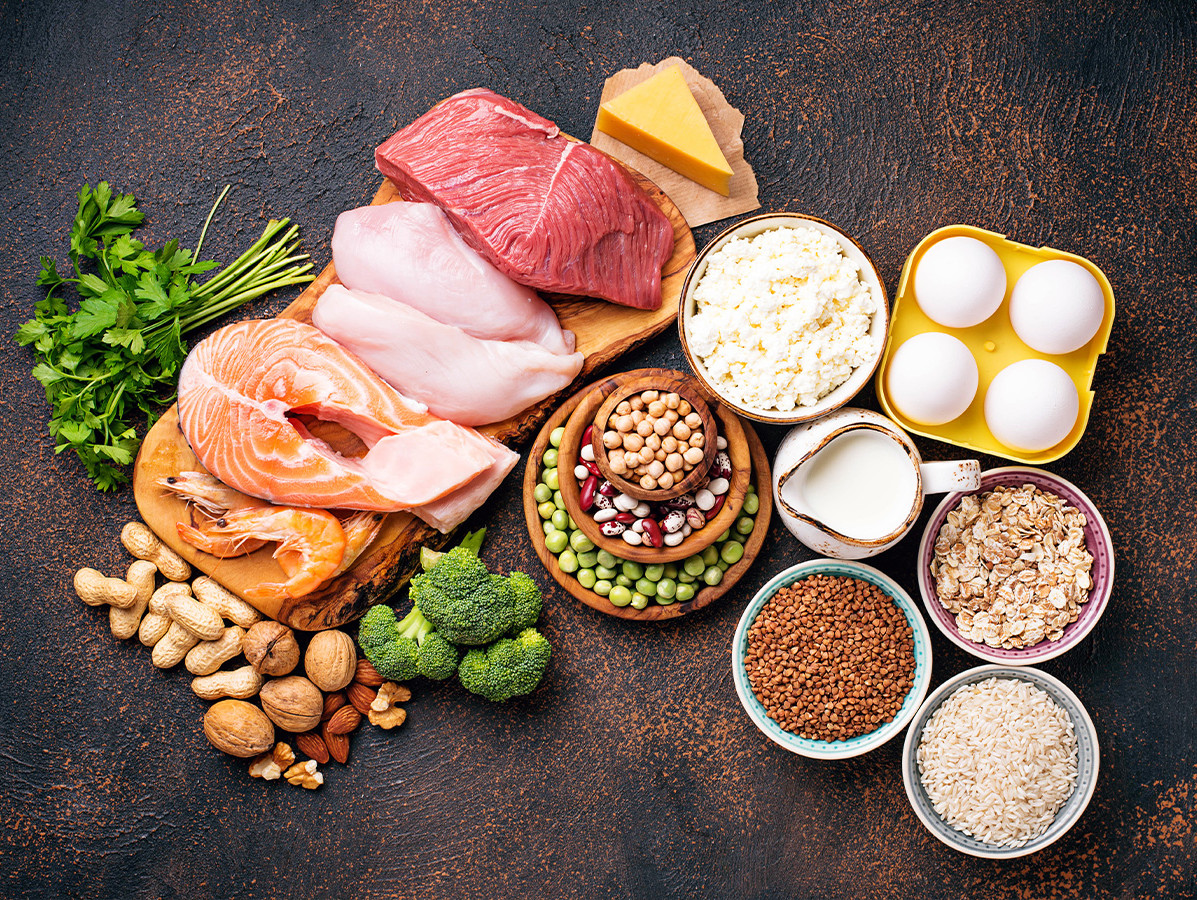
The shift to consuming more plant-based protein is an essential aspect of the protein transition. “The responsibility lies not just with the individual consumer, and the solution lies not just in innovative food products, such as meat substitutes”, WUR professor of Consumption and Healthy Lifestyles Emely de Vet stresses. “We must adopt a broader perspective to include all factors influencing our behaviour and a broader range of solutions. From stimulating legumes to reducing the serving size of meat.” Individual preferences are not the only determining factor in meat consumption. The food supply is a factor of influence.
We must not focus blindly on substituting meat with severely processed alternatives. The consumption of (mainly animal) proteins should be cut back, and the intake of, for example, plant foods, increased. Serving sizes are also an issue. Meat packaged as a single portion exceeds the number of recommended grammes. Legislation on meat serving size could have a significant impact without the need for new technology. In addition to rules for serving sizes, policymakers could focus on how food is presented. For example, pulses could be presented next to the meat shelves as a protein source.
“Discussions often focus on the choice between meat or vegetarian”, De Vet clarifies. “In reality someone is often part of different social groups, each with their own standards regarding meat. Meat is a part of social identity.”
In addition to the consumer, there are many other parties involved in the protein transition, such as food producers, retailers and governments. An important question is how to make the transition worthwhile for all the stakeholders.
Source: WUR